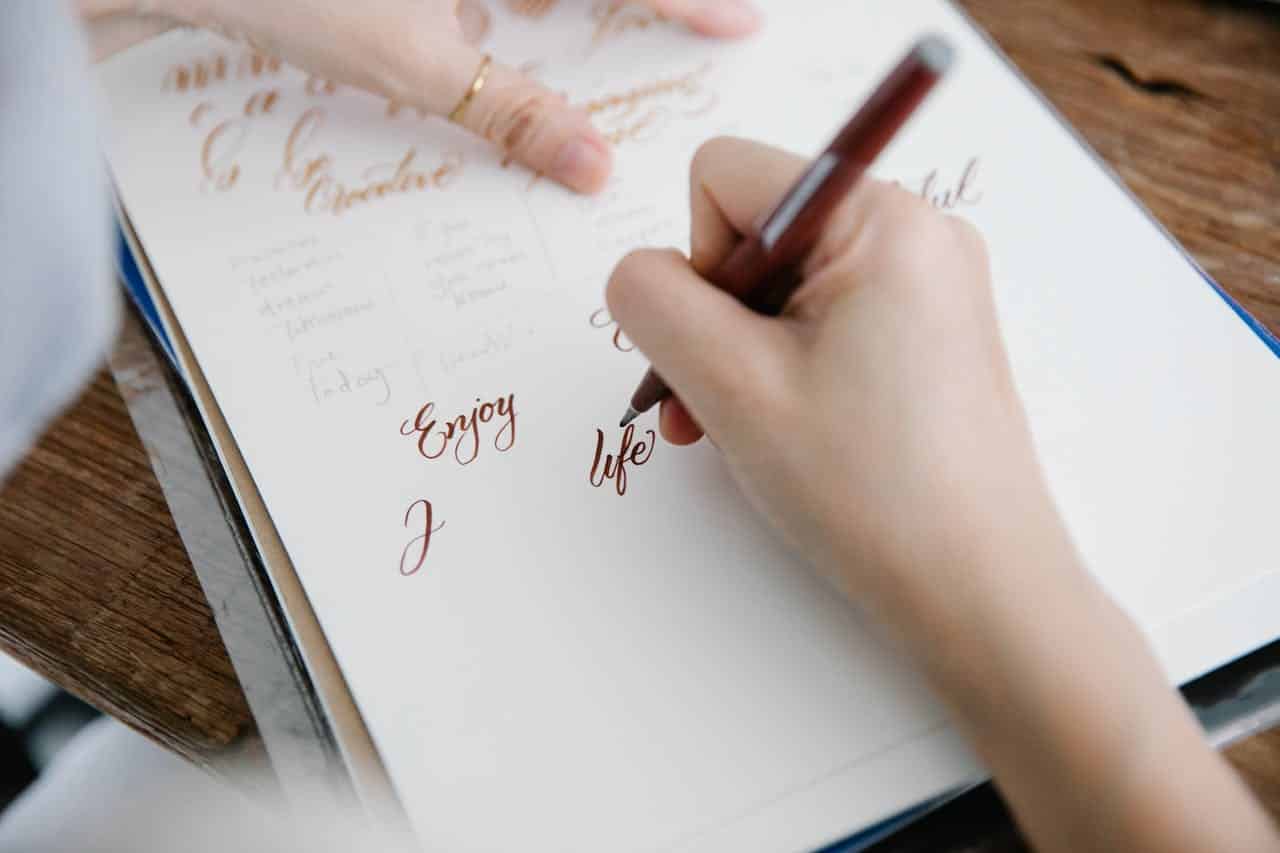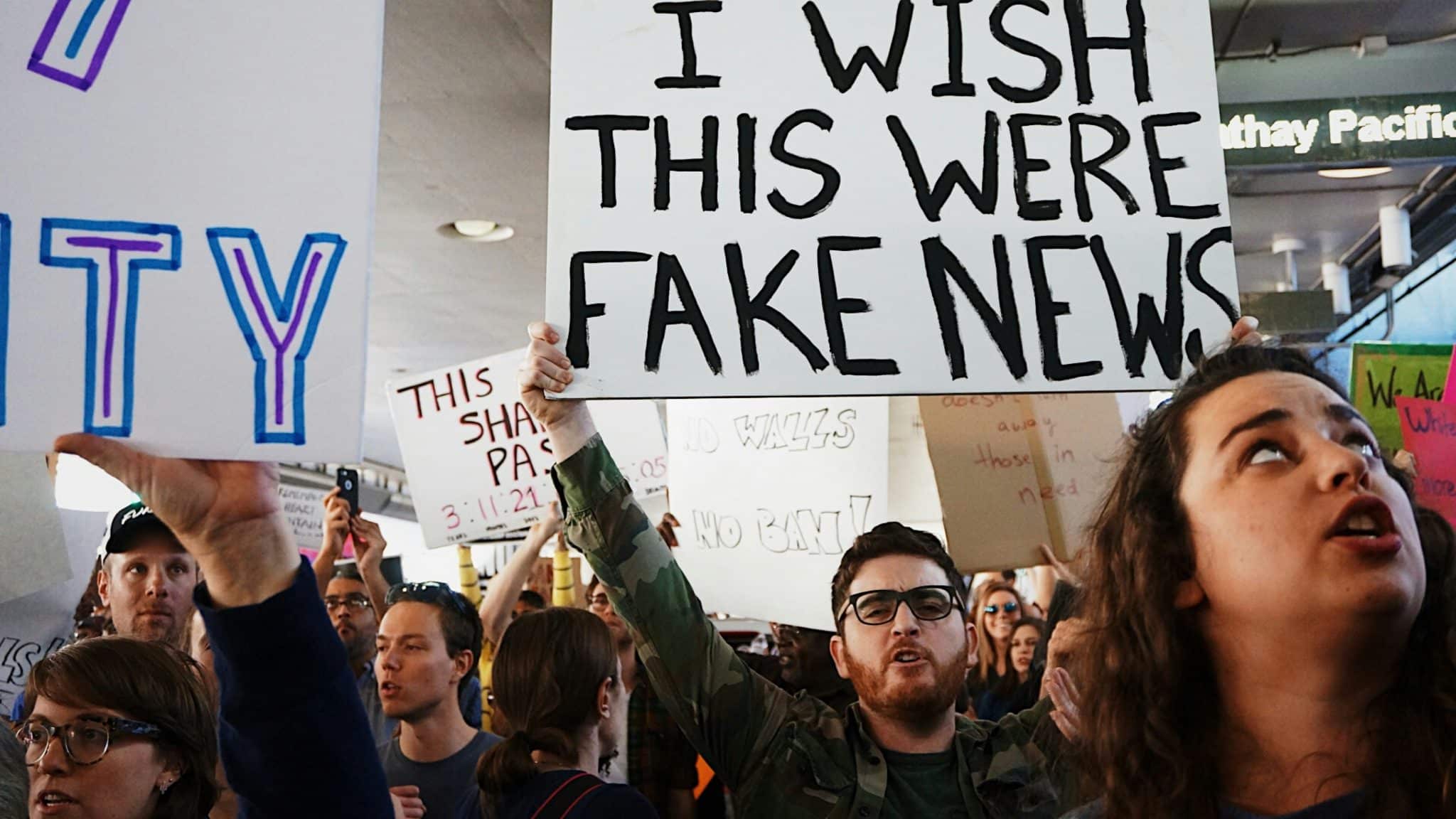Screenwriter Paul Guyot: Reaching a Flow State in the Age of Distraction

Do you find it hard to focus? Do you often find yourself frustrated after diving down an internet loophole only to find that hours have passed with nothing to show? You’re not alone. Don’t believe me? Here’s a Google Trends graph showing the number of people searching “can’t focus” and “phone addiction” on Google from 2004 to 2020.

Over the last few years, digitization has drastically shaped our world and the way we live. The way we work is no exception. We can send emails from our phones on-the-go, video-conference colleagues across the globe, self-promote and publish, sell our works online, learn new skills, and much more. The availability of information and speed of communication has never been greater. But not all of these changes have improved our ability to focus and work.
With the whole world at our fingertips, we have entered an age of distraction. The average American spends over 4 hours a day on their phone and close to 11 hours a day in front of a screen. With our devices always within reach, being able to focus now means fighting off all the other tasks, tweets, buzzes, messages, alerts, and people vying for your attention. Technology has many benefits – but the reality is that it has also left many of us mindlessly scrolling, switching between dozens of tabs, and struggling to focus and sustain our attention long enough to complete the task at hand.
We hear these stories a lot from the Freedom community, so we have created a new blog series – Working in the Age of Distraction – to explore the various tools, techniques, and strategies used by real professionals to help them succeed in a distracted world.
So this week, we decided to sit down with Paul Guyot, Paul is a TV and film screenwriter, author, and producer. During his 20 years as a professional screenwriter, he has written nearly 300 hours of television, including Felicity, The Librarians, Leverage, Judging Amy, Snoops, and the CBS series NCIS: New Orleans. Paul has also authored several award-winning short stories, taught screenwriting at the university level, and co-wrote the 2017 Box Office hit, Geostorm.
He splits his time between Los Angeles and St. Louis, Missouri and currently writes a monthly column for Script – the online screenwriting magazine. When he isn’t typing, he plays golf, fishes, and rides his bike.
Paul generously shared with us the processes and tools that shape his working and writing and how he manages to find focus in the age of distraction.
As an author and writer, what does your daily work flow look like?
That changes every day, which is part of the excitement (and horror) of being a writer. But I am up before 5am six days a week, and my workflow is sometimes focused on a single project, say a screenplay I’m writing, and I will pick right up where I left off the day before and continue on.
If I’m in the midst of research for a project, or developing a television series pitch, I will (again) continue on from wherever I left off the day before. I try to do the Hemingway thing of stopping right in the middle of something really good – that way it’s easy to get going the next day.
The length of my workday varies, and this is where the life of a writer can be a weird combo platter of incredibly romantic and terrifyingly stressful. On days when it’s going well, when I’m in a flow state, I’ll work six, seven hours. I’ve had days where I wrote for ten hours. Other days it can be a struggle and I’ve learned to never push the muse, never try to force anything. On those days I might be done after three hours.
What time-management techniques, strategies, and tools do you use to meet deadlines and finish projects?
They don’t really change whether I’m on deadline or not, though when I am on deadline I will employ Freedom much more often. For me, time management goes back to discipline. One technique that has been incredibly helpful for me I learned from Josh Waitzkin, the real-life subject of the film Searching for Bobby Fischer.
It’s all about eliminating distraction so as to keep your mind in the most productive, focused place it can be – and that is when it is proactive. What do we all do when we wake up? We check our phones. Even if we’re not culling email, we’re doing a quick scroll of social media, we’re seeing who might’ve texted us during the night. We’re looking at our schedule for the day, etc.
When we do this, it immediately puts our minds into a REACTIVE state. We are simply digesting and processing – reacting. So, what I do is turn my phone OFF when I go to sleep. Not airplane mode, not Do Not Disturb – OFF. And when I wake up, my phone does not go on until I have put in a minimum of 90 minutes of work. The reason for this is because when I wake up and go immediately into creating, my mind is in a PROACTIVE state, not reactive. I am not reacting to the outside world; I am proactively creating my work worlds. This changed everything for me. My productivity, and more importantly, my creativity jumped exponentially.

Do you have a pre-work ritual or routine, that helps you get focused and in the zone?
I do, and I could not work without it. I’m up before 5am, shower, dress (always dress for work!), go through my morning meditation ritual, make my French press coffee and some light breakfast, and am in my chair at my laptop by no later than 5:45. I work through the morning – if it’s a good day I’ll look at the clock thinking it’s maybe 9:30 and it will be noon. On bad days I think it must be 11 by now, only to see it’s barely 9. 🙂
I’ve learned over the years that perhaps the single most important quality for a writer to possess is discipline. Only through discipline can one find that magical rhythm, that flow state as I call it. Regardless of what type of flow state I’m in or not in, I’m there, same time, same place, every day. Stephen King talks about having to be where the muse can find you. I subscribe to this theory.
What aspect of writing is most challenging for you? How do you motivate yourself to continue when it’s tough?
This is a great question. What’s most challenging are the moments, the hours, sometimes entire days when it’s not happening. Despite all the discipline, all the preparation, all the desire, the muse isn’t there. Some love to call this Writer’s Block. But I don’t believe in that. It’s simply writing. Creating. Painters go through it, musicians, the creative process is a living, breathing entity, and sometimes it’s just not there.
What I’ve learned helps getting through this is to let it go. I’ve done this long enough now to know the difference between being lazy and just wanting to go play, and when it’s a situation where I just need to let it go – write this hour or day off – and hit it again later, or the next day. The biggest challenge is being self-aware enough to recognize when it IS just frustration, when you just want to quit pushing the rock uphill because it feels so futile. In those moments, on those days you really learn if you’re a writer or not. Those are the most crucial times to keep writing, keep working, no matter how hard it is.
But here’s the crazy thing – it is just as crucial to be able to understand when you are actually hurting your creative process by continuing to sit there. It’s a very fine line, and took me years, literally years of trial and error to recognize the difference.

When/where do you do your best writing?
When is easy – the early morning I am at my best. There is something about being at the keyboard as the sun is rising, with the coffee steaming, and whatever music I have going, that is not like any other time. Long ago I used to work late at night, but I have found I am much better in the mornings. My entire days are built around my early morning work routine. I go to bed fairly early, which some of my friends make fun of, but I love being able to get eight or more hours of sleep and still be up before the sun.
As for where, it varies. A little over a year ago I moved into a high-rise condo that has an eastern view. I have these big windows and watch every sunrise. It’s amazing. I’ve filled my walls with inspirational things – movie posters, photos from my career, awards, things from my kids, cels from Bojack Horseman, you name it. Then I also have an area where I put up things that are specific to whatever project I’m on. Might be photographs of people or locations, artwork, cards with quotes or ideas written on them, etc.
It’s by far the best home office I’ve ever had. And I certainly do my best work there. I used to go to coffee houses and cafes fairly frequently because I like the white noise, and the people watching. But those are full of distractions. This is why perhaps my single favorite thing about Freedom is the Coffee Shop Sounds. I LOVE this. It is such a tiny, yet ingenious idea.
I get the white noise I crave without the distractions. My favorite coffee shop is the one in London. 🙂

How has technology impacted or changed the way you write/work over the years?
As mentioned, the advent of the smartphone had a very negative impact on my writing life before I learned Waitzkin’s technique – which is really just being disciplined.
The amount of research that is one Google search away has been an incredible asset, but sometimes I fear the pendulum has swung too far… there is SO MUCH now you have to cull through to get whatever specific research you’re looking for it is incredibly time-consuming.
How do you optimize your environment for productivity and focus? How do you incorporate Freedom into your schedule?
Freedom is probably my favorite app on my computer. I’ve already mentioned the Coffee Shop Sounds (I’m typing from the London house right now), and what I really love is Freedom’s ease of use, and the “freedom” (see what I did there?) it allows me to customize the level of freedom I need. Be it less than an hour, or all day, be it a set schedule, or if I need just *some* aspects of the internet or my tech life closed off, it’s perfect.
These days I will use it for “writing sprints.” If I’m on a deadline, or if I just really need to get a scene or section or something done, I will set it my sessions to various lengths. I might start out with just 30 minutes, then do one for an hour and twenty, there’s never a specific amount of time. And because I’m a goof, I always make it some random specific time – like 27 minutes, or 3 hours and fourteen minutes, whatever. So, it’s really an in-the-moment thing. But it launches every time I sign on to my Mac, and I’m in the Coffee Shops fairly regularly.
What advice would you give younger writers in regard to staying focused and motivated?
I would say if you are not achieving the success you want as a writer, look at your daily habits and routines. It’s that simple. Start by doing the same thing over and over, make it a habit. Then it will become routine. Writing must be something you do as regularly as eating or working out – you will succeed by playing at it.
If you find it incredibly difficult to formulate a routine – maybe your life is filled with distractions and responsibilities – then you have to first, relax. Breathe. There’s no need to hurry. I firmly believe slow is the fastest way to get there. Second, step back and look at your daily life. Look back over your last, say, 15 days. Write down everything you did – what time you woke up, what you did in the morning, if you work full time, put that down, then what you did after work. Write it all down including the time where you watched tv or slept, everything.
Then be self-aware. I guarantee you if you are honest and self-aware you can look at those 15 days and see a minimum of 15-20 hours you could’ve been writing. If it means waking up an hour earlier, or binging Netflix for only four hours instead of five, there is always time you think you don’t have.

What is/are the biggest distraction(s) that pull you away from your writing? How do you combat them?
The biggest distraction for me is what Steve Pressfield calls “Resistance.” And it can be anything – email, TV, internet, food, sex, booze, dope, cleaning, shopping, family, friends, and on and on and on. Anything that keeps you from writing your stories is Resistance.
And for me, the ONLY way I can combat them is discipline. Everything from the daily sleep and rise routine, to the phone being off, to being in the chair same time every day. No one is ever going to completely eliminate distractions or Resistance. But we sure as hell can control them instead of letting them control us.
What projects are you currently most excited about?
I’m currently writing a feature film based on the true story of the first all African-American squad of detectives in Saint Louis, MO. I have an A-list actor attached to star, who is amazing, and we can’t wait to bring this story to the world.
To learn more about Paul or his work, you can visit his site at PaulGuyot.net


